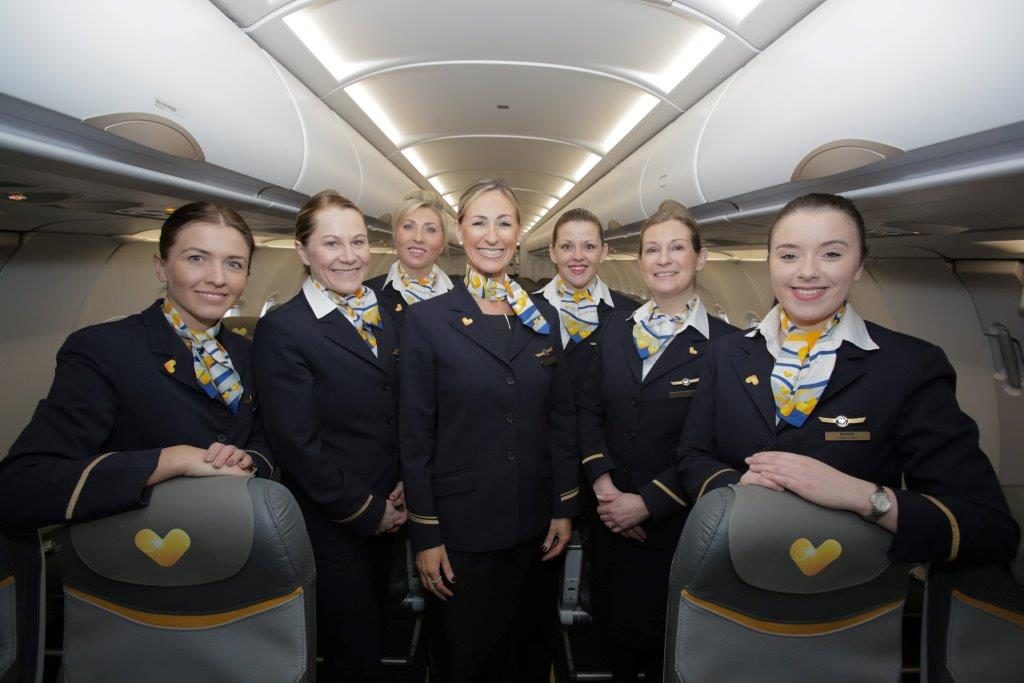Thomas Cook has shut down, leaving hundreds of thousands of people out of pocket, out of a job or out of a way to get back home.
‘Don’t just book it, Thomas Cook it’ may now go down as one of the most unfortunate slogans in corporate history after the travel agency abruptly announced this week that it had run out of money and was shutting down, leaving 150,000 customers stranded abroad and thousands more wondering what would happen to their upcoming vacation. (Not to mention the 20,000+ staff who lost their jobs overnight).
Thomas Cook knew it was in financial trouble when it took most of these people’s bookings. But because there was a chance it could muddle through if it attracted a new owner or some other form of financial investment, it made business sense for it to keep selling its wares right up until the evening before it went bust. (Otherwise it’d be even more broke, and therefore even less likely to be bailed out, not to mention a bunch of staff would have had to be laid off even earlier than they were.)
Obviously this gamble didn’t work, and Thomas Cook now can’t afford to give its customers refunds and/or return flights home. So who should be financially responsible for these bills? Some people are calling for Thomas Cook’s bosses to fund some of it by giving back part of the £50 million in salary and bonuses they collectively earned over the last decade.
The logic behind this argument - that you shouldn’t be financially rewarded for making work decisions that led to poor financial outcomes - will make sense to many. But legally, it’s probably a no-go, as corporate law specifically protects most managers from being liable for the debts of their company. (The reason being that otherwise it deters - or financially punishes - lots of people from becoming entrepreneurs or trying to turn round a struggling company or taking risks that could grow a businesses).
So the UK government is stepping in. It’ll get some money from an insurance scheme called ATOL, which basically works by insisting package-holiday sellers (including Thomas Cook) put some money aside to reimburse customers if they fail. Credit card companies may also refund some travellers themselves. But because not everyone affected by the Thomas Cook collapse had ATOL-protection (flights that are not part of a package aren't covered), there’s predicted to be an extra £100 million-ish which the government will have to fund by either taking it from elsewhere in the budget or by passing it on to taxpayers.
Said taxpayers may well be irked that they’ve having to pay for a company's mistakes when that money could be spent on, say, fixing potholes or hiring NHS nurses. But many would prefer this to putting the costs on the customers who have lost their money or need a new plane ticket home. Holidays and flights (especially last minute ones) can be expensive, and many people would be unable to afford paying twice, not to mention angry that they didn’t get what they paid for the first time.
Read our explainer on: firms and how they work.

